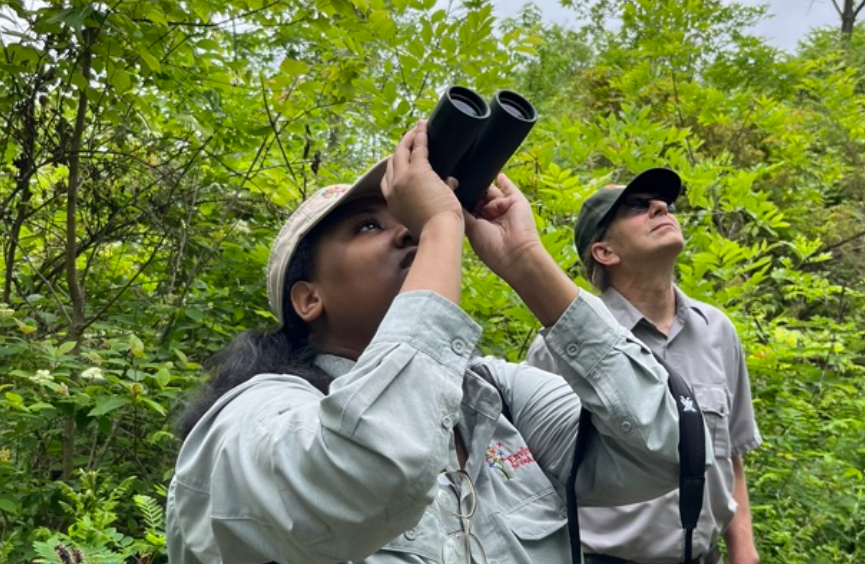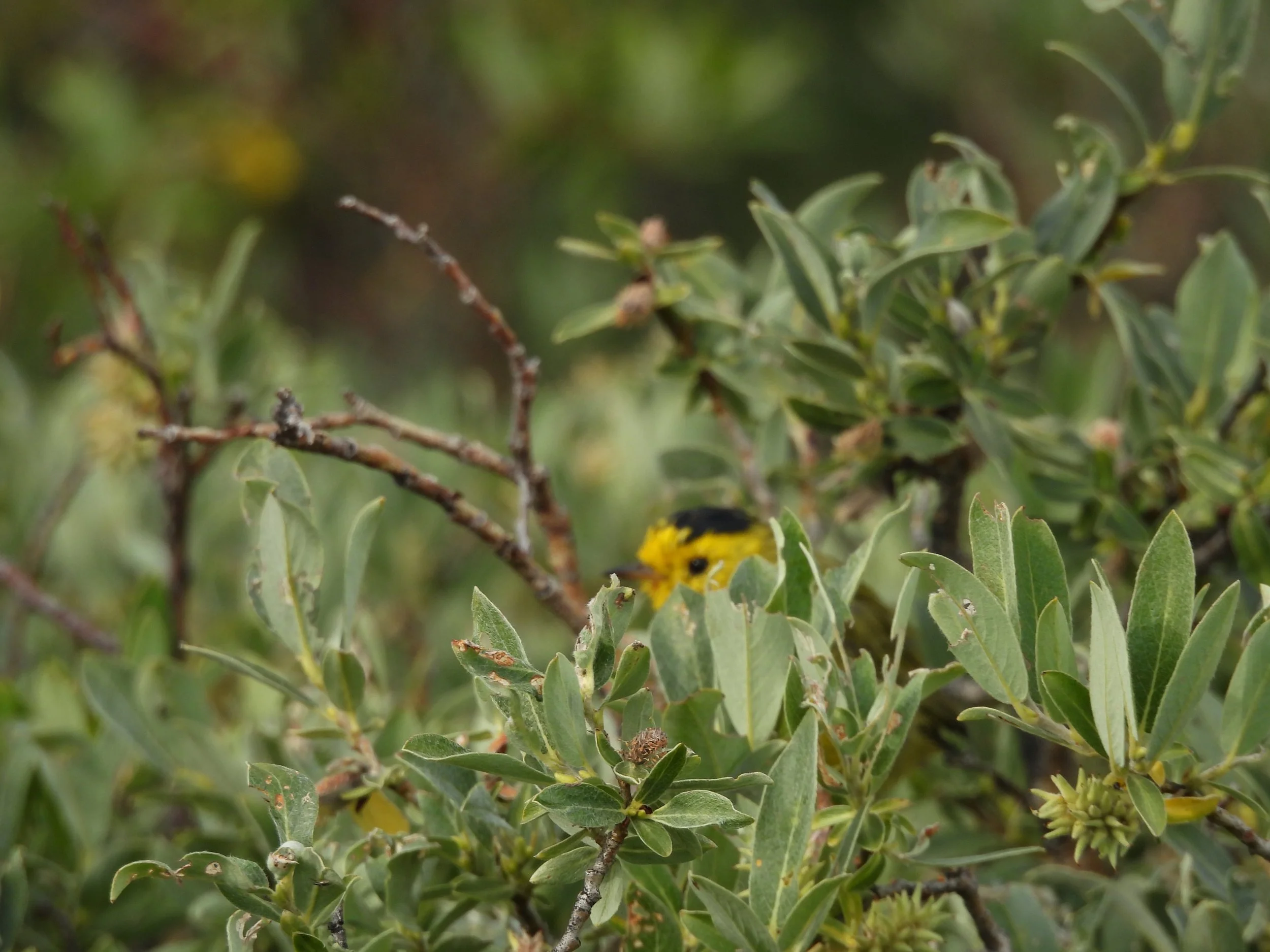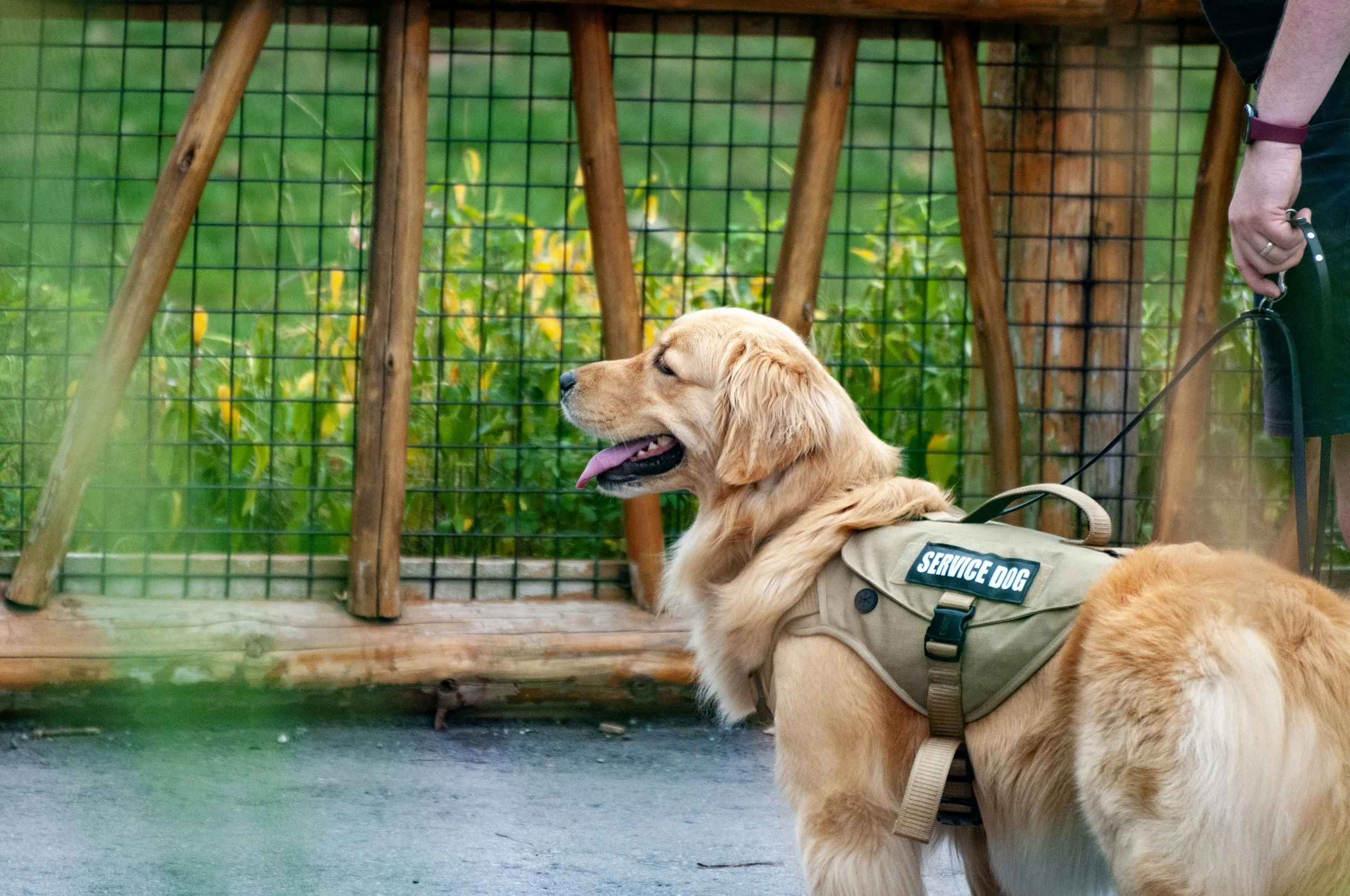Birdability Is Nothing Without Our Community (and shared learning!)
As 2025 comes to a close, many of our conversations with Birdability Captains and our broader Birdability community have focused on reflecting on the last year and what comes next. These conversations were with people doing the day-to-day work of access and inclusion in their own communities. Across year-end meetings and discussions, the same ideas came up again and again.
Birdability is about community and shared action for accessibility.
Throughout 2025, we saw astonishing growth in interesting places.
Let’s Go Birding Internship Program Enters 3rd Year
Applications will open soon for the third year of the Let’s Go Birding Internship, formerly known as the Birdability Internship. As we prepare to welcome a new cohort of interns for spring/summer 2026, we are taking a moment to celebrate what this program has already made possible and the people who have shaped it with care, creativity, and deep commitment to access. Developed in partnership with Environment for the Americas and the National Park Service, Let’s Go Birding is rooted in the idea that birding and national parks should be accessible to everyone, including disabled people and folks with other health concerns.
Listening with Merlin Bird ID, Community, and Connection
Everyone deserves a way into the story of birds. Not simply the chance to identify a species, but the chance to feel what Andrew J. Lewis describes so clearly in this piece we are reprinting below. A shift in attention or a deeper form of listening or even a sense of belonging that does not depend on eyesight or mobility or any single way of taking in the world. This essay, first published by the Cornell Lab of Ornithology and generously shared here with permission from them and the author, speaks directly to the heart of our Blind Birder Bird-a-Thon Community Conversations and to the many ways people with disabilities and other health concerns build their own pathways to joy in nature.
Community Conversations for the 2026 Global Blind Birders Bird-a-Thon
The Blind Birder Bird-a-Thon reminds us that birding by ear is its own skill, art, and door to community. It is a world shaped by listening, shared learning, and the kind of connection that grows when people come together to practice new skills and celebrate the sounds of birds and nature. As we plan for the 2026 Global Blind Birders Bird-a-Thon, we are gathering each month for Blind Birder Community Conversations. These sessions are open, welcoming, and designed by and for blind and low vision birders, with sighted allies welcome to join us in support of a more accessible birding world.
Celebrating the Winners of Birdability Week’s 2025 Offbeat Photo and Video Contest
Birdability Week 2025 once again brought together birders of all experiences, perspectives, and abilities to celebrate the joy, humor, and resilience that make birding such a wonderfully human (and often hilarious) pursuit. Now in its second year, the Offbeat Photo and Video Contest expanded to include video entries, and the results did not disappoint. From midair misfires to remarkable moments of adaptation, this year’s entries proved that the best (bird) stories are sometimes the most imperfect ones.
Birding, Without Barriers: A Weekend of Inclusion Spreads Across America
Between October 24 and 26, more than seventy accessible and inclusive birding events will take place across the United States under the banner of Bird(ability) Your Way Weekend, part of the fifth annual Birdability Week, and organized by more than 60 partners across the country and beyond. The celebration invites people to experience birds - and community - in whatever ways are most accessible to them.
The 2nd Annual Global Blind Birders Bird-a-Thon is Coming
Get ready for it, friends - the 2nd Annual Global Blind Birders Bird-a-Thon is happening Sunday, May 3, and Monday, May 4, 2026, and you’re invited to join from wherever you are in the world. Birders with blindness or low vision everywhere can register on the Birdability site to learn more as we get closer to a chance to take part in this joyful celebration of sound, skill, and community, as well as a new offering, Blind Birders Community Conversations, that will happen starting in November 2025.
When Disability Isn’t Always Seen
As we mark Invisible Disability Awareness Week during Birdability Week 2025, it’s crucial to acknowledge and celebrate the many birders with disabilities that may not be immediately visible. Invisible disabilities like chronic pain, mental health conditions, neurodivergence, sensory sensitivities, and autoimmune disorders can vary dramatically from person to person. They may also change for each individual from year to year, day to day, or even minute to minute.
At Birdability, we know how essential it is to create inclusive spaces that honor these dynamic needs and define disability to mean EVERY BODY.
Birdability Launches a New Survey on Access and Inclusion in Birding
In 2020, Birdability asked birders across the country to share their experiences: what draws them to birds, what gets in the way, and what makes birding possible. The responses revealed not only the deep joy, community, and healing that birding provides, but also the barriers that continue to prevent many people from fully belonging in outdoor spaces.
Birdability is excited to launch a new point-in-time survey to understand how access to birding has changed since our original 2020 Birders’ Survey. That first survey illuminated both the joy of birding and the barriers that keep too many people from belonging. From uneven trails and lack of seating to communication and social barriers, birders named what gets in the way and also what makes participation possible. Five years later, we want to know: has anything shifted? Which access features are improving, and where are barriers still holding people back?
Celebrating Our Birdability Week 2025 Sponsors
Each fall since 2020, Birdability Week has brought our community together to celebrate belonging, access, and joy in birding. This fifth annual Birdability Week marks a milestone: more than 25 sponsoring organizations and individuals have joined us this year to make this celebration possible. Our community, our impact, and our work continue to grow, and we are filled with deep gratitude for every partner who helps us make it happen.
Birdability’s mission to mak
Expanding the Birdability Outreach Program with the Craig H. Neilsen Foundation
At the close of Spinal Cord Injury Awareness Month, we are honored to share that Birdability has been awarded a Creating Opportunities & Independence grant from the Craig H. Neilsen Foundation, beginning November 1.
This award will expand our Birdability Outreach Program to bring birding into rehabilitation hospitals and outpatient programs for people with spinal cord injuries. Through tailored programming, adaptive equipment, and local partnerships, birding will support healing, joy, and belonging for participants while challenging systemic barriers to outdoor access.
We are deeply grateful to the Craig H. Neilsen Foundation for their legacy of work for people living with SCI, and for believing in Birdability’s vision that birding is for every body and every mind.
Service Dogs and Accessible Birding
September is National Guide Dog Month, a time to recognize the extraordinary partnership between service dogs and their handlers. These highly trained animals are not pets; they are essential working partners who perform critical tasks that support independence, safety, and access for people with disabilities.
To help with making sure that our bird outings are able to meaningfully include service dogs and their handlers, we’ve created a new resource: Considerations for Incorporating Service Dogs into Accessible Bird Outings. This guide offers practical information for event organizers, volunteers, and birders alike.
Bird Blinds That Welcome Every Body
Bird blinds can offer a quiet space for observation and reflection, where birds feel safe and people feel immersed in nature. But like many outdoor infrastructure features, bird blinds are often designed without disabled folks in mind.
Everyone should have access to meaningful birding experiences. That includes the joy of tucking into a quiet blind and watching a warbler flit across the brush or the patient pause before a wood duck finally comes into view.
When designed with access in mind, bird blinds can provide shelter, a sense of privacy, and connection to the landscape for birders of all bodyminds.
New Guidance, Giveaways, and Why Adaptive Equipment Matters in Birding
Access is not just about trails and terrain. For many birders with disabilities and other health concerns, access also means having the right tools such as mobility scooters, rollators, binocular stands, communication boards, fidget tools, and more, to participate fully and joyfully in outdoor spaces.
That is why we are thrilled to share our newest resource: Adaptive Equipment for Birding Loaner Closets: A Practical Guide
This guidance document is intended for parks, nature centers, birding clubs, and outdoor organizations seeking to create truly welcoming spaces.
Birding by Ear (and Building Community) at the First Ever Blind Birder Bird-a-Thon
On May 18, 2025, more than 200 birders, all of them legally blind, stepped outside or found an open window and tuned in. They were listening for birds. They were also listening for connection, joy, and community. Together, they participated in the first ever Blind Birder Bird-a-Thon, an event envisioned and led by blind birders Jerry Berrier, Donna Posont, and Martha Steele in partnership with Birdability.
Mapping Access Together in Virginia
In Virginia, an exciting effort is underway to make birding and wildlife viewing more accessible to people with disabilities and other health concerns. Through a collaboration between the Virginia Department of Wildlife Resources (DWR) and Virginia Master Naturalists (VMN), volunteers across the state are assessing accessibility features at sites along the Virginia Bird and Wildlife Trail (VBWT) and entering that information into the Birdability Map. The project is both a celebration of community-led accessibility work and a model for other states interested in doing comprehensive planning for similar site assessments.
A Birding Conversation for Every Body and Every Mind
As May draws to a close, so does Mental Health Awareness Month, but the conversations we’ve had, and the healing connections we’ve built, are far from over. With support from the Christopher & Dana Reeve Foundation, we marked this month with an important webinar: Accessible Birding for Mental Health. We’re thrilled to share that the full recording is now available to watch on YouTube with panelists Eric Clow, Elizabeth Monje, and Tammah Watts.
Mindfulness and Birding: Healing in the Present Moment
As part of Mental Health Awareness Month this May, we’re proud to highlight voices from the Birdability community and our collection of resources that center the mental health benefits of birding, especially for disabled birders. These 30 days of offerings, made possible with generous support from the Christopher & Dana Reeve Foundation, are rooted in lived experience, scientific research, and the deep belief that everyone deserves access to the outdoors and wellness. The month will culminate with a live webinar that centers the ways that birds and the outdoors.
Birdability Captain Dr. Karaleah Reichart Bercaw offers a deeply thoughtful reflection on how mindfulness and birding can support emotional well-being — especially for those living with disability, chronic illness, trauma, or mental health challenges.
Birding for Your Brain
Mental health is shaped by many things, including disability, chronic illness, trauma, systemic oppression, and social isolation. The World Health Organization reminds us that “although most people are resilient, people who are exposed to adverse circumstances—including poverty, violence, disability, and inequality—are at higher risk of developing a mental health condition.” But we also know that a meaningful connection to nature, and to birds in particular, can offer comfort, calm, and connection.
Birding is for every body and every mind. And whether you’re just beginning or have been watching birds for decades, here are some concrete, disability-affirming ways to incorporate birding into your mental wellness practices:
The Wisdom of Sequoias
This week I met the sequoias for the first time—and was reminded that we don’t have to stand tall to be strong. These ancient trees stay alive and upright by holding onto one another. Their roots are wide, not deep—and it’s their community that keeps them standing.
In our latest blog post, I reflect on the wisdom of sequoias, the mental health benefits of birding, and the power of access, interdependence, and showing up for each other.




















